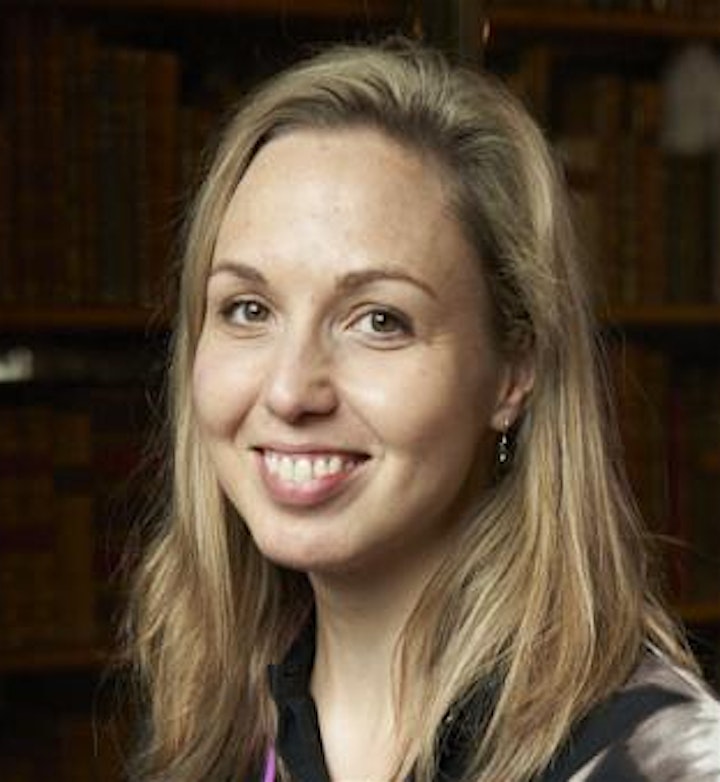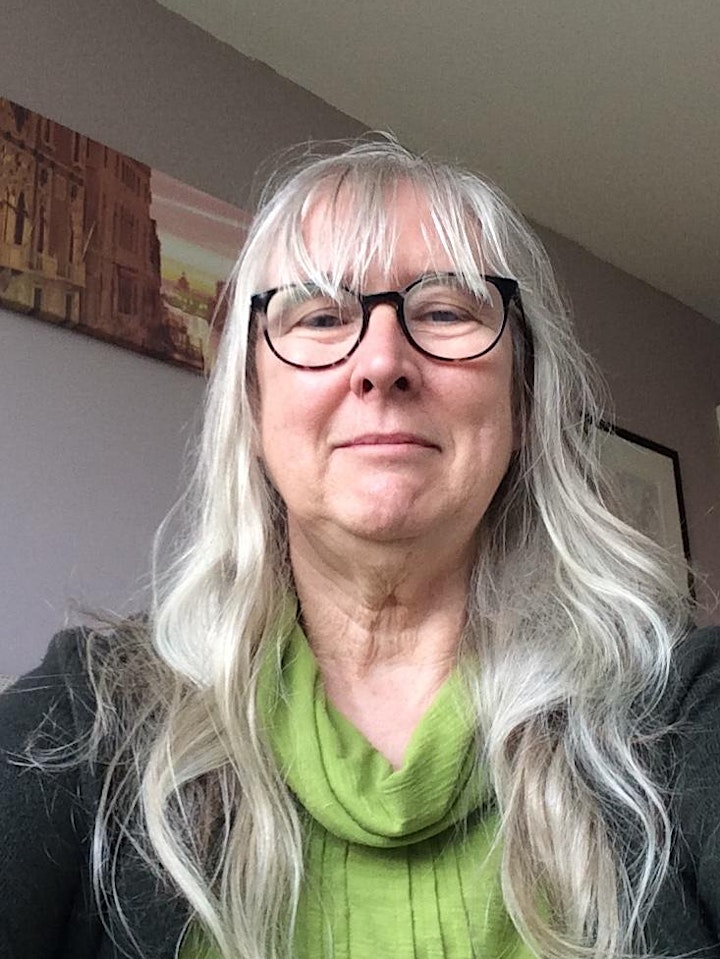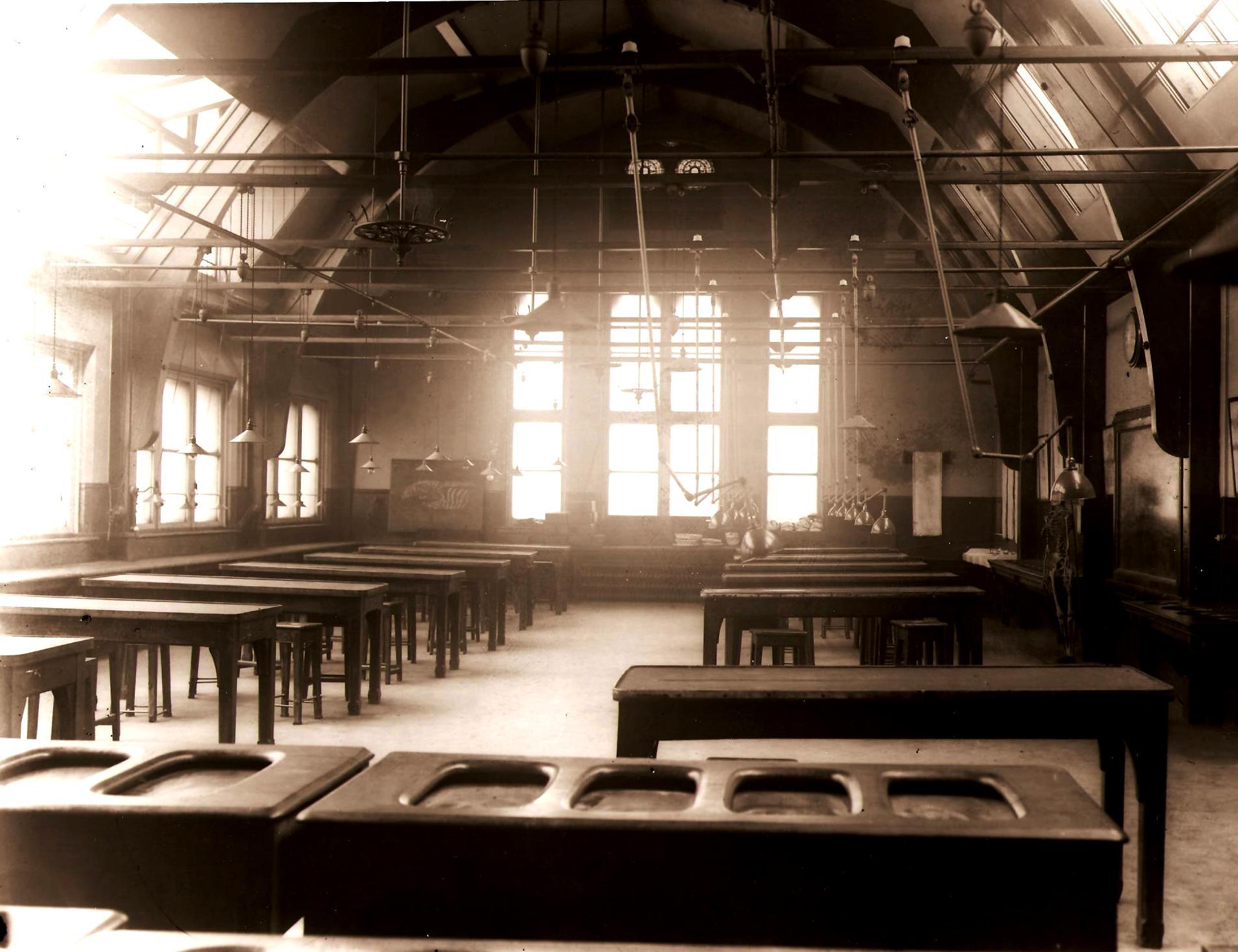The industrial revolution created the perfect circumstances for a huge increase in chronic illness, injury and disease amongst the vast, new urban population, and also major developments in medical care and health practice. Stephanie Seville and Jan Campbell explore the models of medicine for treating the nation’s health as the shift from ‘traditional’ care for the sick moves from the domestic to the professional setting, highlighting the relationship between the roles of Medical Intervention and Social Prescribing.
Stephanie will reveal the history of the Museum of Medicine and Health based in the University of Manchester’s Faculty of Biology, Medicine and Health. She will explain how it came into being and how a vast collection of medical instruments was saved. She will highlight some individuals whose breakthroughs in research helped shape medical care and patient experience for people in Manchester, and beyond.
Jan will uncover the fascinating history of Social Prescribing as the last two years have seen a substantial expansion in the development of Social Prescribing Link Worker roles and an ambition to double the number already in the system. But is Social Prescribing really a new development or the reinvention of an older practice? Most histories of Social Prescribing start somewhere in the 1980’s or 90’s, for Jan this is the wrong starting point and that in truth social prescribing has been around for a lot longer.
Image Credit: Medical School, Old Dissection Room, University of Manchester, Faculty of Biology, Medicine and Health.
Stephanie Seville, Heritage Officer Museum of Medicine and Health.
With a background in local authority museums, across Greater Manchester and Lancashire, Stephanie has worked for the University of Manchester’s Faculty of Biology, Medicine and Health for the past seven years.
The Museum of Medicine and Health is home to over 8000 instruments and equipment spanning 300 years of practicing and teaching medicine. Based at the Medical School Stopford Building, the ‘Beswick Collection’ is used in teaching and learning, public engagement with research and schools Widening Participation programmes. Stephanie also works part-time at the John Rylands Research Institute and Library.

Jan Campbell
Jan’s career spans more than 35 years from Community Education in Liverpool through Further Education into Higher Education and Nurse Education. She has worked in Public Health within the NHS and a Local Authority and together with this practice based knowledge, is fascinated by the history of Social Prescribing.
Jan is currently the Health and Social Care Officer at Sefton Council for Voluntary Service (VCFSE) where she facilitate the forums that support Voluntary, Community, Faith and Social Enterprise (VCFSE) organisations to engage with health and social care systems. Two days a week Jan works for the National Academy for Social Prescribing as part of the Thriving Communities Team in the North West. As one of the NW Team, she help to deliver the Learning Together models that are part of a programme of support for VCFSE organisations, helping them to better understand social prescribing and how to engage with this new development in health.

Donation
The event is free of charge but as a small charity we welcome your donations as your help will enable us to continue our work in these difficult times. Suggested donations from £3.00 – £10.00. All donations gratefully received. Thank you.
Access
If you require subtitles to the salon, please download the latest version of Zoom for the Closed Caption (CC) facility. If you have any other access requirements for this event, please email [email protected] asap before the day of the event.
Recording
This salon will be recorded and shared on Manchester Histories Youtube channel and potentially other media outlets. The broadcast will focus only on the guest speakers, but if you do not wish to appear in the recording itself, please switch off your camera.


